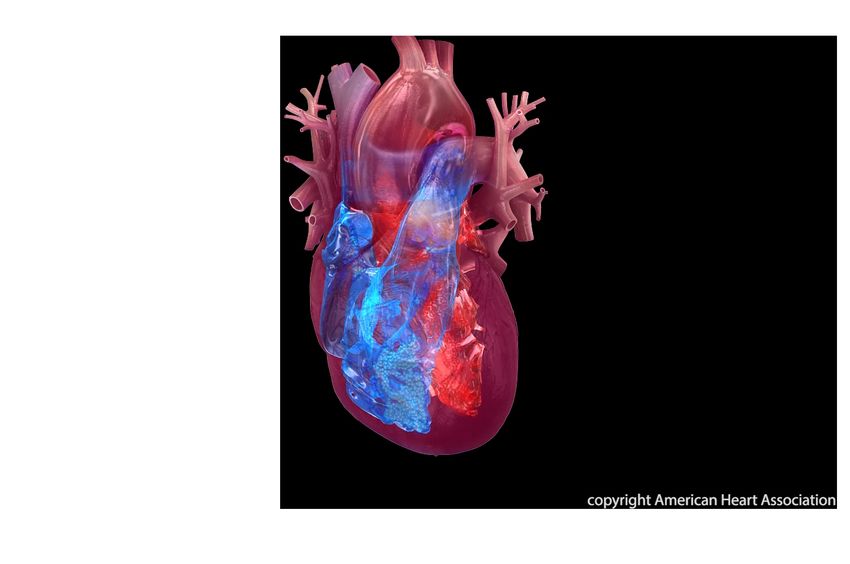Chandelier
Senior Member (Voting Rights)
Kosuke Kawai, ScD,
Cresencia Felician Muhere, MD,
Elkin V. Lemos, MD, PhD,
and Joel M. Francis, MD, PhD
Cresencia Felician Muhere, MD,
Elkin V. Lemos, MD, PhD,
and Joel M. Francis, MD, PhD
Abstract
Background
We conducted a systematic review and meta‐analysis of studies examining the association of viral infections with the risk of cardiovascular disease, including coronary heart disease (CHD) and stroke.Methods
MEDLINE, Embase, Web of Science, African‐Wide Information, and the Cochrane Library database were searched from inception to July 2024.Results
We included 155 studies. HIV infection was consistently associated with an elevated risk of CHD (pooled adjusted risk ratio [RR], 1.60 [95% CI, 1.38–1.85]) and stroke (RR, 1.45 [95% CI, 1.26–1.67]).SARS‐CoV‐2 infection was associated with an increased risk of CHD (RR, 1.74 [95% CI, 1.44–2.11]) and stroke (RR, 1.69 [95% CI, 1.23–2.31]).
In self‐controlled case series studies, laboratory‐confirmed influenza infection was associated with an elevated risk of acute myocardial infarction (pooled incidence rate ratio, 4.01 [95% CI, 2.66–6.05]) and stroke during the first 1 month (incidence rate ratio, 5.01 [95% CI, 3.41–7.37]).
In cohort studies, hepatitis C virus infection was associated with a higher risk of CHD (RR, 1.27 [95% CI, 1.13–1.42]) and stroke (RR, 1.23 [95% CI, 1.04–1.46]).
Herpes zoster was also associated with an elevated risk of CHD (RR, 1.12 [95% CI, 1.08–1.15]) and stroke (RR, 1.18 [95% CI, 1.09–1.27]).
There is insufficient evidence to determine the effect of cytomegalovirus on cardiovascular disease.
Although on a limited basis, hepatitis A virus, herpes simplex virus type 1, respiratory syncytial virus, human papillomavirus, dengue, and chikungunya have been linked to an increased risk of cardiovascular disease.
Conclusions
Influenza, SARS‐CoV‐2, HIV, hepatitis C virus, and herpes zoster were associated with an increased risk of major cardiovascular events. Vaccines may play an important role in preventing the risk of cardiovascular disease.
Last edited:

